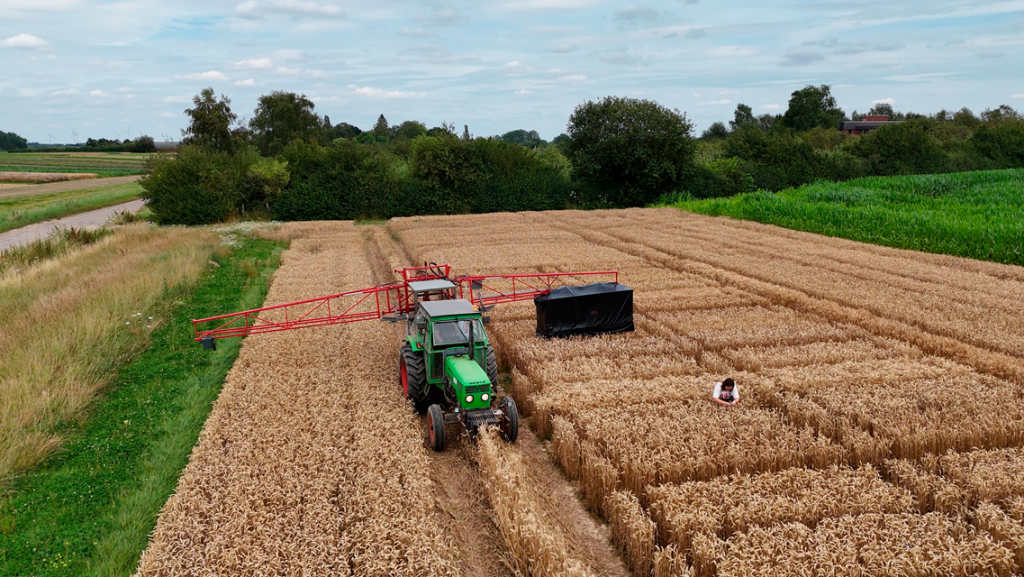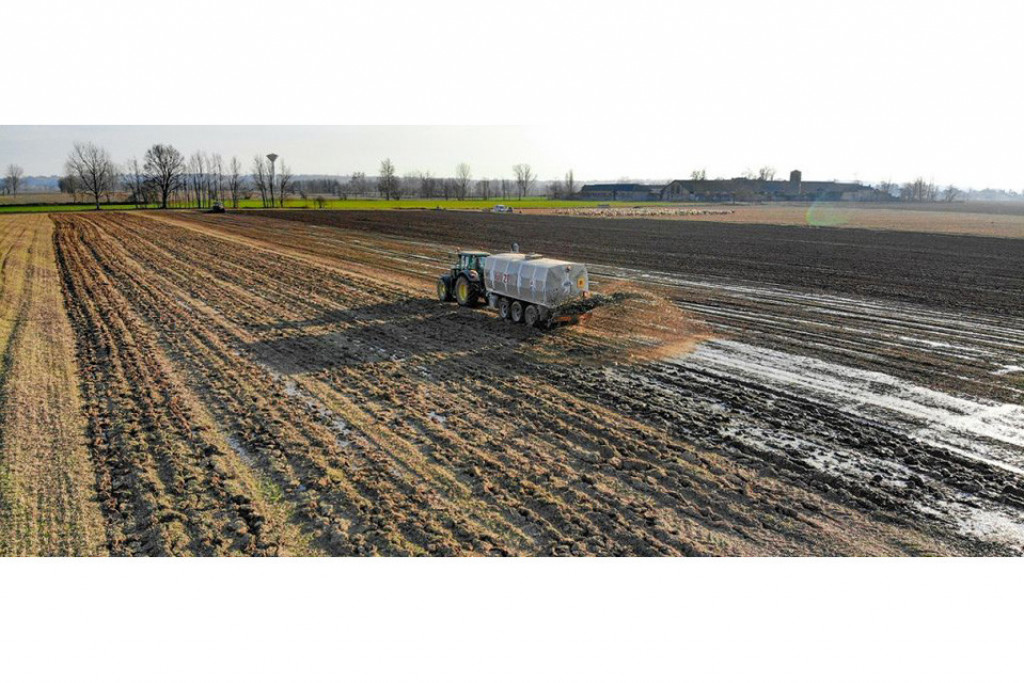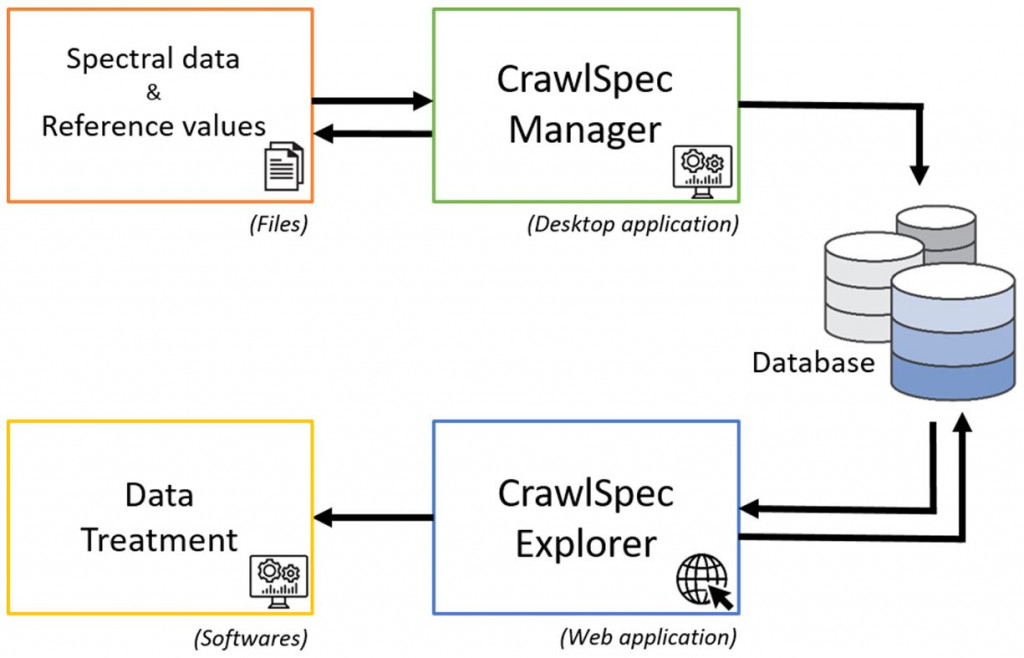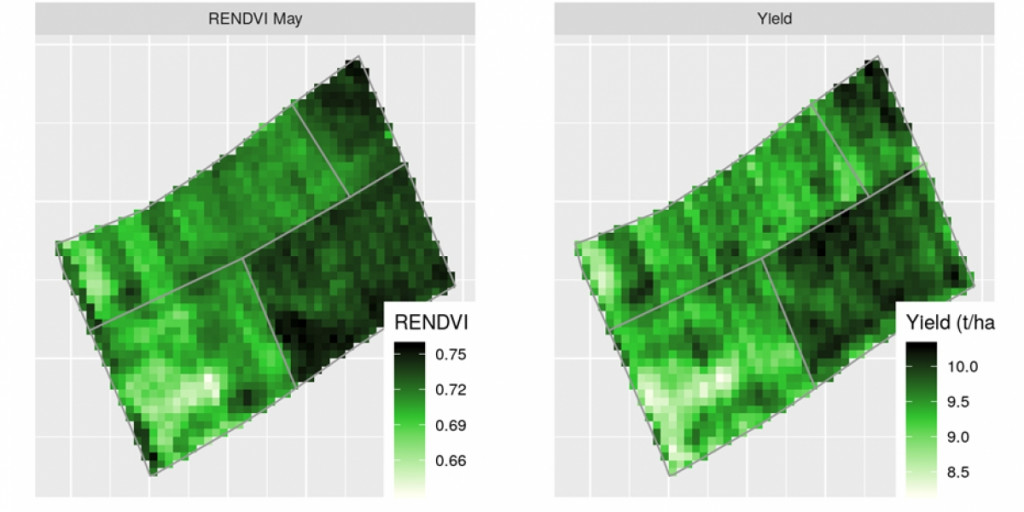Phenotyping is a key step in the process of selecting varieties, and involves measuring the observable characteristics of an organism in order to understand the interaction between its genes (genotype) and its environment. Phenotyping requires a number of observations in the field in a wide range of different environments. To do this, imaging sensors are used to support breeders, in order to automate data acquisition and increase the flow of observations. Within this context, the CRA-W participated in the PhenWheat project, in order to test near-infrared hyperspectral imaging as a means of assessing Fusarium infection in winter wheat. This topic was the subject of a doctoral thesis by Damien Vincke.
This project has developed a laboratory method for detecting Fusarium rot on ears collected in the field, and two field methods for detecting ears that have been infected with Fusarium directly in the field. The results obtained in the laboratory indicate that it is possible to differentiate between ears that are healthy and ears that have been infected with Fusarium, and to assess the severity of the infection in the ear based on three levels of severity (healthy ears, ears with a low-to-moderate level of infection and heavily infected ears). The results obtained in the field show that near-infrared hyperspectral imaging makes it possible to evaluate the general health of the ears. However, current developments in these methods do not allow us to differentiate between a Fusarium infection and another fungal infection (take-all). Future developments in these methods will examine the possibility of distinguishing between different types of stress on the ear as part of the Phenet project.
These phenotyping activities, as well as phenotyping activities conducted by various institutions in Wallonia, France and Switzerland, were presented during the ‘Contributions of spectroscopy and imaging to the phenotyping of plant productions’ seminar, which was held in Gembloux on 10 September. This seminar allowed for great exchanges, and will undoubtedly lead to new collaborations around the theme of crop phenotyping.
Funding: FPS, D65-141/S2 agreement, coordinated by ULiège – Gembloux Agro-Bio Tech











